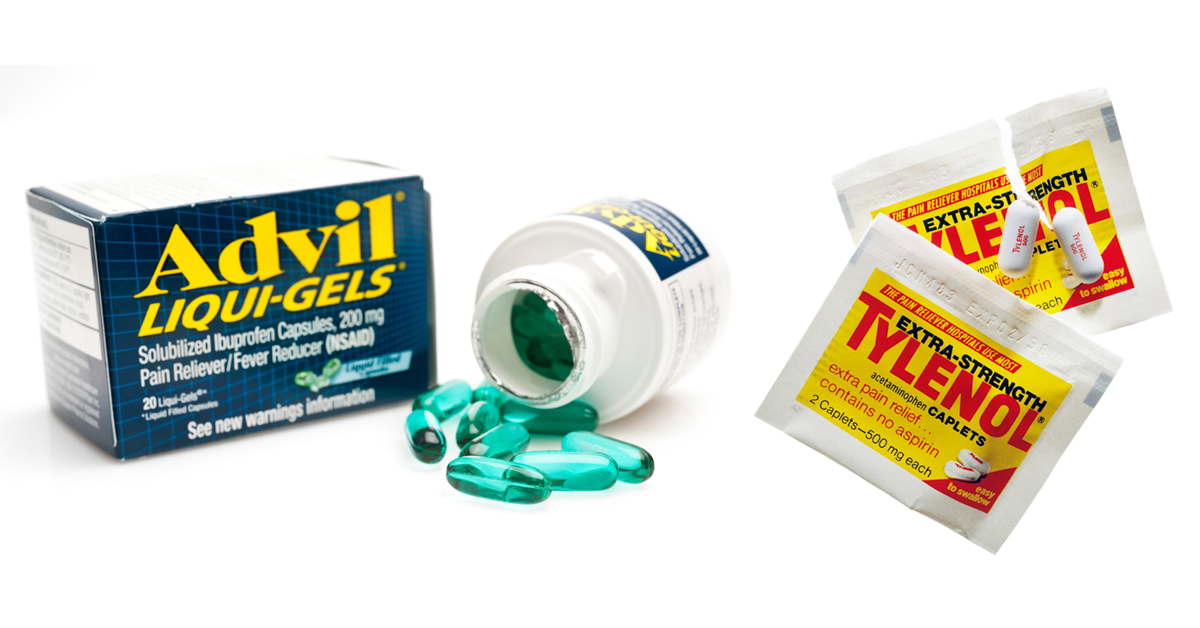Feeling overwhelmed by the vitamin aisle? You’re not alone. While a balanced diet is always the goal, a daily multivitamin can offer a nutritional safety net for many, helping to bridge those inevitable gaps in our diets.
But with hundreds of choices lining store shelves, how do you know which multivitamin is right for you? Here are five key things to consider before adding a multivitamin to your routine.
1. Choose a formula that fits your life
Your age, gender, lifestyle, and health status all affect your nutritional needs.
- Age and gender: Nutrient requirements shift over time. For example, women under 50 generally need more iron, while older adults benefit from higher levels of vitamin D and B12 due to reduced absorption rates.
- Dietary needs: Vegans and vegetarians, for instance, often need to supplement B12, iron, and zinc due to their lower abundance in plant-based diets.
- Health conditions and medications: Some conditions or medications may increase your need for certain nutrients or interfere with absorption. Check with your Welia Health provider to tailor your approach to vitamins.
2. Focus on the right nutrients (but skip the megadoses)
Multivitamins work best when they target common shortfalls in your diet, not when they overload you. Key nutrients to look for:
- Vitamin D: Essential for bone and immune health, especially for those with limited sun exposure.
- Calcium: Crucial for strong bones. Because of the sheer volume needed, multivitamins often can’t include 100% of your daily calcium needs, making dietary sources like dairy, fortified plant milks, and leafy greens crucial.
- Magnesium and potassium: Support muscle function, blood pressure, and fluid balance.
- Folate: Important for pregnant women—look for methylfolate, a more absorbable form.
- B vitamins: Vital for energy and cellular function. Choose methylcobalamin (a form of B12) for better absorption.
Avoid megadoses. More isn’t always better—especially with fat-soluble vitamins (A, D, E, K) that can accumulate to harmful levels. Iron, in particular, should be taken with caution unless prescribed by your provider.

3. Look for third-party testing
Not all supplements are created equal, and they’re not regulated like prescription medications. To make sure what’s on the label is actually in the bottle, look for these trusted certifications:
- NSF Certified
- USP Verified
- ConsumerLab Tested

These indicate the product has been independently tested for purity, potency, and quality.
4. Check for high-quality, bioavailable forms
When you’re looking at a multivitamin, it’s not just about what nutrients are in it, but also their bioavailability, that is, how easily your body can absorb those nutrients.
- For minerals like magnesium or zinc, look for words like “chelated” (for example, magnesium glycinate or zinc picolinate). This just means the mineral is attached to something that helps your body absorb it better, often making it more effective.
- For B vitamins, especially B12 and folate, you’ll want to look for “methylated” forms like methylcobalamin (for B12) and methylfolate (for folate). These forms are often easier for many people’s bodies to use directly.
5. Watch out for fillers and additives
A good multivitamin should contain nutrients, not unnecessary extras. Read the “Other Ingredients” list and avoid:
- Artificial colors
- Synthetic sweeteners
- Preservatives
The fewer non-nutrient ingredients, the better.
“Choosing a multivitamin is a really personal thing. It really comes down to your unique health needs, and it’s always smart to talk it over with your healthcare provider. Think of it as supporting your healthy diet, not swapping it out, to boost your overall well-being.”
Chelsea Benson, PharmD
Pharmacist in Charge, Welia Health
Bottom line
Choosing a multivitamin can be intimidating, but by understanding your individual needs, avoiding excessive doses, prioritizing high-quality ingredients, and seeking expert guidance, you’ll be well on your way to a smarter supplement strategy.
Still unsure? Talk with your Welia Health provider or pharmacist to find a multivitamin right for you








